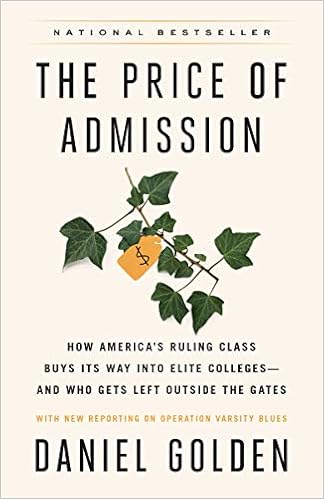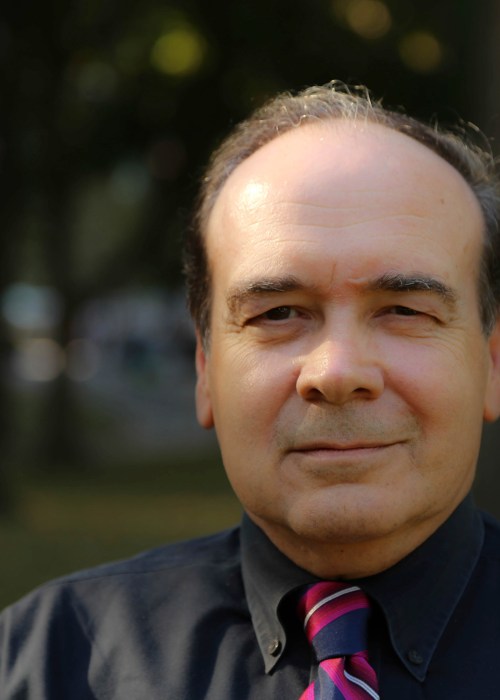EP 310 The Common Wellspring of Religious and Political Zealots
: Robert Jay Lifton, a psychiatrist and public intellectual, has been working on the sources and dangers of inhuman zealotry for decades. The conditions and individuals he studies involve brainwashing, religious extremists, political cultists and mass murderers. In the process he examines totalitarian politics from the left and right, disinformation and social media impacts. In his new book, ‘Losing Reality’, which interweaves older work with new thinking from the era we find ourselves in, he comes to the startling conclusion that ‘mental predators are concerned not only with individual minds but with the ownership of reality itself’. And while religious zealots look to dominate the thinking of those within the group and political zealots look to control the masses, they draw inspiration from the same fountain. He has many thoughts about Donald Trump as a purveyor of a self-generated reality which he is able to impart to followers who are geographically dispersed. This phenomenon adds a new dimension to his studies. His sense that there is a dangerous proclivity of the human mind to bend toward extremism, which can simplify and bring order in a complex society, is a challenge to liberal democracies going forward. Stay with the conversation as it will provide thinking you rarely are exposed to.
Podcast: Play in new window | Download









